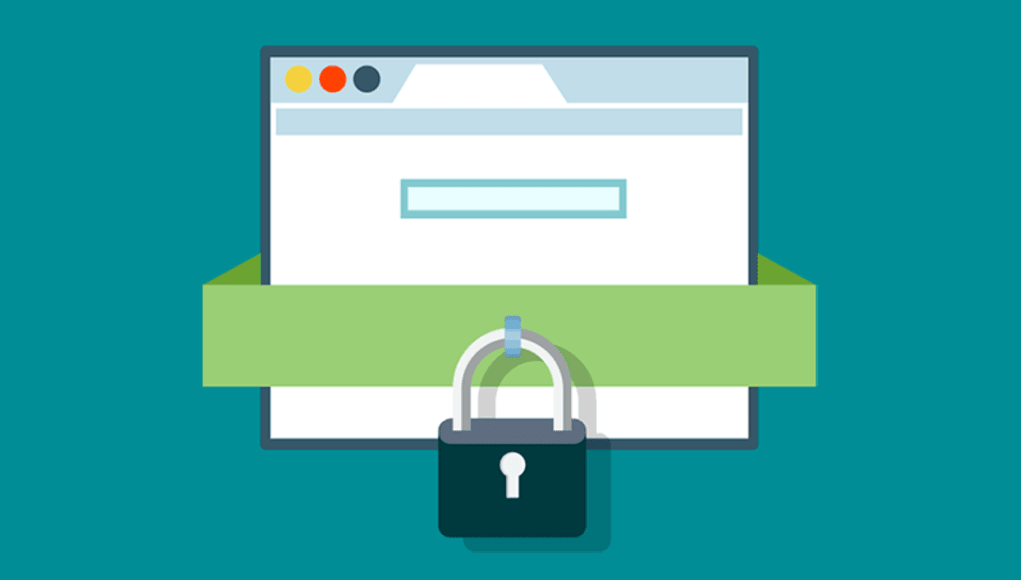Over the last few years, information technology has undergone significant changes. Cloud technology is prevalent and is finding use in almost every aspect of IT. However, this rise in cloud technology has made employees careless. Approximately 59% of consumers reported that they would avoid business with a company that experienced a cyberattack in the past year. A secure web gateway can protect your stored data in a cyberattack.
A secure web gateway is a security solution that protects users from cyber threats and malware that occur over the internet. Enterprises use it to protect their employees from accessing malicious websites and internet-borne viruses. Here are some key features of a secure web gateway:
Data Loss Protection (DLP)
A secure web gateway prevents your data from being exported to unauthorized third parties. DLP prevents sensitive content from leaving the network by allowing administrators to control the data users can transfer. Your critical information and sensitive data, such as social security numbers, credit card numbers, or confidential documents, remain inside the organization’s network.
URL filtering
URL filtering allows you to permit, block, or limit visiting websites by each user on a company network. Employees will only be able to access the URLs that reduce the possibility of getting viruses. They will block access to all dangerous connections to malicious, phishing, and non-sanctioned content. It will redirect the employees to a page that notifies them that the content is blocked if they attempt to visit the URL. URL filtering requires using blacklists which include restricted sites, and whitelists, which have allowed sites for its use. URL filtering minimizes security risks and improves compliance and productivity.
Application Control
Application control is a system designed to identify and control traffic from various applications on a network. It allows administrators to create and apply web security policies to identify, block or limit the usage of web applications. It prevents unauthorized applications from posing any risks to the organization. Other ways to control application traffic include:
- Restricting applications from being added to the information technology environment.
- Allowing access to only approved applications.
- Limiting resources an application can consume.
Secure web gateway uses application control to authorize applications and users.
Antivirus
Secure web gateway alerts users when malicious code or software contaminates their devices. Antivirus software protects your files and hardware from worms, trojan horses, adware, and spyware. Antivirus uses real-time virus signatures to prevent, detect and remove the threat. Additional protection offered by antivirus includes blocking harmful websites and customizable firewalls.
A security web gateway can also decrypt HTTPS traffic to scan it for malware. Once the scan is complete and the traffic is deemed safe, It re-encrypts it and forwards it to the end user. It can also evaluate the trustworthiness of encrypted sources without decrypting them.
Endnote
Secure web gateways protect your firms and businesses against cyber threats that may occur in the internet environment. Secure web gateways can offer protection in the cloud by giving you precise control over web access. They help a business protect against the potential loss of data, filter harmful URLs at work, control traffic from applications, and act as an antivirus. As cloud solutions become widespread, secure web gateways become vital.
Follow Technoroll for more!




